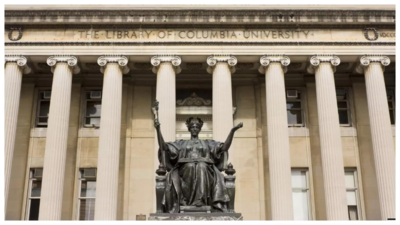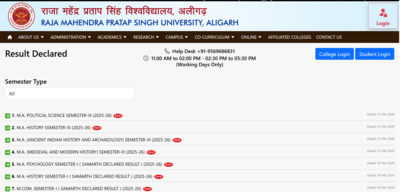Columbia University’s recent settlement with the Trump administration has sparked concern across the academic sector due to the introduction of new monitoring and reporting requirements for international students. The agreement, made public through university sources and media reports, includes obligations that significantly expand Columbia’s role in policing non-US student populations on campus.As part of the settlement, Columbia will pay $221 million and adopt stricter oversight measures, including reporting minor student infractions such as trespassing to the federal government. These measures go beyond existing requirements under the Student and Exchange Visitor Information System (SEVIS), the US government’s platform for monitoring international students.Expanded reporting obligations for ColumbiaAccording to a university official cited in the original press release, Columbia will now report arrest information to SEVIS, even in cases that do not result in suspension or expulsion. These infractions include offences like trespassing, which led to the arrest of 78 students during a pro-Palestinian protest at a university library. Previously, such incidents were resolved internally and did not involve federal authorities.In an official statement issued by Columbia and referenced in the press release, the university confirmed: “In addition to those longstanding requirements, Columbia will now also notify the programme if it is made aware of arrest information.” The university emphasised that its participation in SEVIS already required it to report disciplinary actions resulting in suspensions or expulsions but acknowledged that this new measure adds further obligations.Concerns over international student recruitmentWith nearly 40% of its student population coming from outside the US, Columbia is among the top three US institutions with the highest number of international students, as per data from the Institute of International Education. Many of these students pay full tuition fees, contributing significantly to the university’s revenue, particularly at the graduate level.William Brustein, a veteran international student officer, stated that “international students and their parents were already hesitant about studying at US colleges,” and noted that other countries such as the UK and Australia are viable alternatives. His remarks were included in the original press release.Potential impact across higher education sectorThe new conditions placed on Columbia may set a precedent for similar agreements at other US universities. Fanta Aw, Executive Director of NAFSA, said the arrest and disciplinary reporting requirement was “outside of the jurisdiction of universities” and warned it “sets a precedent that all institutions should be aware of,” as reported in the press release.Acting Columbia President Claire Shipman, in a letter to students and staff, stated that one motivation for reaching the agreement was “the potential revocation of visa status of thousands of international students.” She added that Columbia had not agreed to report information beyond what the federal government is legally entitled to access.Ongoing federal investigations at other universitiesOther institutions have also come under federal scrutiny. The University of Chicago is currently being investigated for its admissions policies regarding international students. Additionally, the US State Department has launched a probe into Harvard’s compliance with foreign research programmes. In contrast, Brown University recently reached a settlement with the Trump administration that did not include measures affecting international students.Stephen Yale-Loehr, a former immigration law professor at Cornell University, stated that the implementation of such agreements is critical and that “no matter how this is implemented, it shows international students that Columbia — and other universities that accept similar language — will be less welcoming,” as quoted in the press release.TOI Education is on WhatsApp now. Follow us here.






